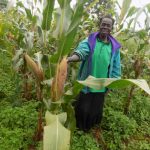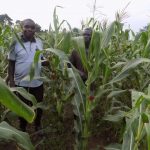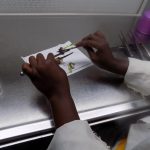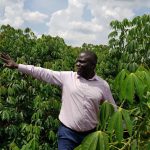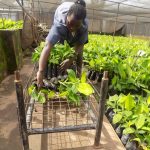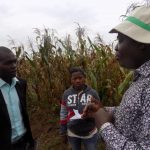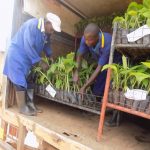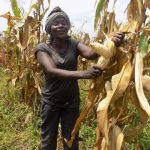Weather may affect COVID spread
2 min readBy Christopher Bendana
Kampala
Dr. Matshidiso Moeti, the WHO regional director for Africa has hinted on the possibility of low COVID-19 infection among Africa countries due to high temperature.
Many of these African countries lay in the tropics where the temperatures are high. High temperatures mean unfavorable conditions for viruses.
In a video media briefing on 19 March ‘WHO COVID African media briefing’ Moeti said many African countries’ infection rates were still low and weather might be playing a role.
The media briefing was also co-addressed with the Senegal WHO representative Dr. Lucile Imboua Niava and South Africa WHO representative Dr. Owen Kaluwa.
“We are studying this at the moment, we want to look at the pattern of influenza and then we infer,” she said. “Its spread on the continent has not been like in the North (Europe), but of course this is a new virus. We want to wait and see how it will spread when the winter sets in the South.”
On chloroquine being a cure for the virus, Moeti explained that there was no conclusive evidence that chloroquine cures COVID-19 though she explained that there had been some use of the drug with previous virus infections.
On some new guidelines like those issued by Uganda’s President Yoweri Museveni yesterday including the closing of schools for a month, Moeti said the decisions taken to prevent the spread were a learning experience.
“WHO encourages strong measures to control the outbreak,” she said.
Kenya, Rwanda, Nigeria, and Uganda are some of the African countries that have closed schools to mitigate the spread of the disease even though some like Uganda are yet to register an infection.
Addressing the country yesterday, President Museveni said it was necessary to close the schools because of the large number of students that congregate in close proximity that would give the virus more chances to spread.
The virus that began in Wuhan province in China last December has so far infected 191,127 people with 7807 deaths according to the WHO Situation report 58 released on the 18 March.
